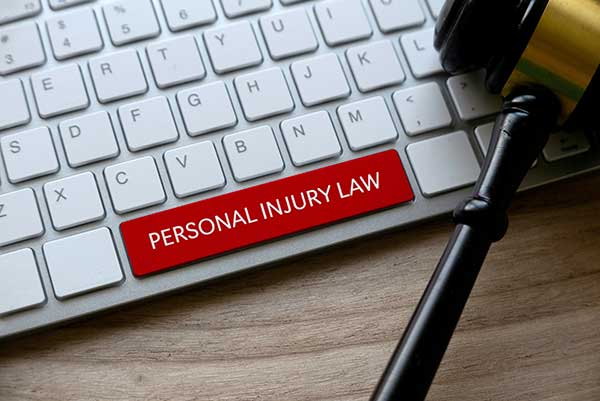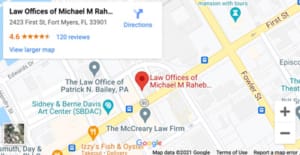The Consequences of Being a Registered Sex Offender in Florida – and How to Get Help
Penalties for sex crimes are very serious in Florida, and having to register as a sex offender carries lifelong consequences.
The problem is that while being a registered sex offender carries the connotation of serious crimes such as child molestation, rape, and human trafficking, individuals forced to register are often not guilty of such crimes. Something as seemingly mild as consensual sex or even consensual sexting can land individuals on the sex offender registry. According to Change.org there are over sixty thousand individuals listed on Florida’s sex offender registry, including child molesters listed alongside sexting teens and violent rapists listed alongside couples who had consensual sex in public places.
Who has to register as a sex offender in Florida?
Individuals convicted of certain sex crimes will be required to publically register as sex offenders. The offense determines the length of time you’ll be required to keep your name on the registry.
Implications of being a registered sex offender
Sex offender registries are public, meaning that anyone could potentially find out your personal information and use it against you. Sex offenders may have more difficulty finding employment. They may be restricted from living in certain areas. Their rental applications may be denied. Neighbors may harass them. Often, registered sex offenders face continuous prejudice from law enforcement.
When most people think of sex crimes, they think of the most violent and shocking stories they’ve seen on the news. But sometimes, registered sex offenders were convicted of sex crimes even when they felt that there was consent and maybe didn’t even know they were breaking the law.
According to Psych Central, being registered as a sex offender means that you are constantly at risk of intense prejudice without people knowing the facts of your story. No matter the details or degree of your crime, your name will appear alongside the most serious and violent offenders.
The Marshall Project shares the personal stories of many people who are registered as sex offenders even though they never intended or wanted to commit a crime. Two specific stories are about individuals who simply had consensual sex with people that they reasonably assumed were over the age of 18.
Can you ever have your name removed?
Florida law provides a procedure for individuals to remove their name from the sex offender registry through a process called deregistration. Under this process, an offender can have his or her name removed when he or she meets certain criteria. According to HG.org, having an attorney’s assistance is a significant asset during this process!
According to the Collateral Consequences Resource Center, registered sex offenders in Florida can petition the court for relief 25 years after release for less serious offenses. Some younger offenders may petition for relief immediately under certain circumstances. To qualify for relief, the offender must demonstrate that they are not a current or potential threat to public safety.
According to HG.org, eligibility for deregistration depends on many factors, including: the type of crime or offense committed, the offender’s age, the when the crime was committed, the petition and hearing, and more!
The court determines whether or not to grant the request for deregistration (sometimes called early termination) from the sex offender registry, and your chances of success improve when you have assistance from a criminal defense attorney.
Only certain types of sex crime convictions can result in deregistration. In Florida, there are only a few offenses that qualify for removal. Sexual battery, lewd or lascivious offenses committed in the presence of persons less than 16 years of age, sexual performance by a child, computer pornography, prohibited computer usage or traveling to meet a minor are the only offenses that qualify for removal under Florida law. But the type of crime itself doesn’t guarantee removal, as discussed above.
How can a criminal defense attorney help?
If you are facing criminal charges that could lead to you having to register as a sex offender, a criminal defense attorney can help you find your best path forward. In some cases, an attorney might be able to help reduce or remove your charges. If you are already registered as a sex offender, an attorney might be able to help you navigate the process of having your name removed from the registry earlier than your sentence originally allowed for. With years of experience helping clients navigate all kinds of sex crime cases, Michael M. Raheb, P.A. is here to fight for your side of the story. Call 239-226-0888 or send a message online to set up your free consultation.
The Law Offices of Michael M. Raheb, P.A.
2423 First Street,
Fort Myers FL 33901
Office: 239-226-0888
Fax Number: 866-949-0888































